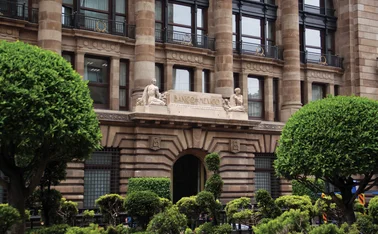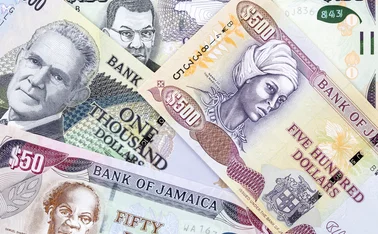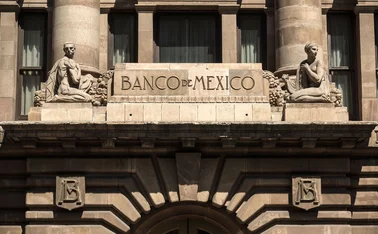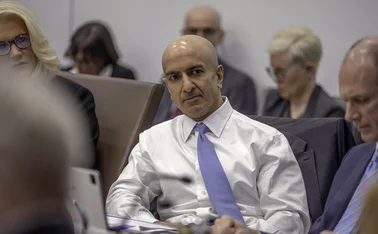
Draghi postpones decision on extension of QE
ECB president is aiming to build support for further asset purchases, one analyst argues
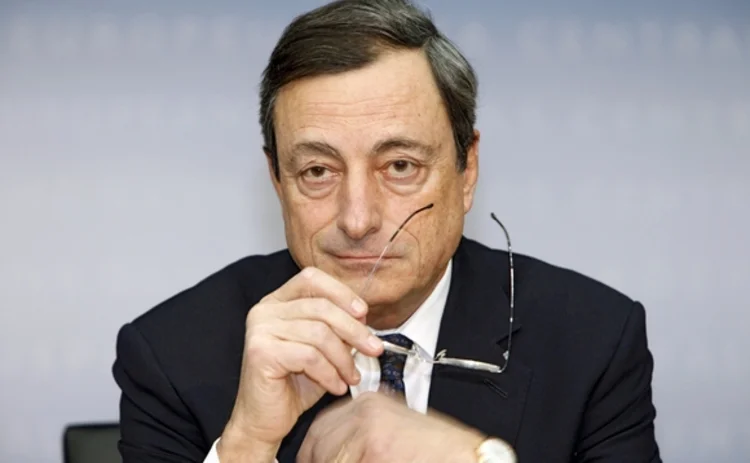
Mario Draghi effectively postponed any decision on whether the European Central Bank (ECB) will extend its quantitative easing (QE) programme until the next meeting of its governing council in December.
The council said its monthly asset purchases of €80 billion ($88 billion) were "intended to run until the end of March 2017, or beyond, if necessary", echoing the language it has used in previous monetary policy decisions. The ECB kept its policy rates unchanged, with the main refinancing rate at
Only users who have a paid subscription or are part of a corporate subscription are able to print or copy content.
To access these options, along with all other subscription benefits, please contact info@centralbanking.com or view our subscription options here: www.centralbanking.com/subscriptions
You are currently unable to print this content. Please contact info@centralbanking.com to find out more.
You are currently unable to copy this content. Please contact info@centralbanking.com to find out more.
Copyright Infopro Digital Limited. All rights reserved.
As outlined in our terms and conditions, https://www.infopro-digital.com/terms-and-conditions/subscriptions/ (point 2.4), printing is limited to a single copy.
If you would like to purchase additional rights please email info@centralbanking.com
Copyright Infopro Digital Limited. All rights reserved.
You may share this content using our article tools. As outlined in our terms and conditions, https://www.infopro-digital.com/terms-and-conditions/subscriptions/ (clause 2.4), an Authorised User may only make one copy of the materials for their own personal use. You must also comply with the restrictions in clause 2.5.
If you would like to purchase additional rights please email info@centralbanking.com
